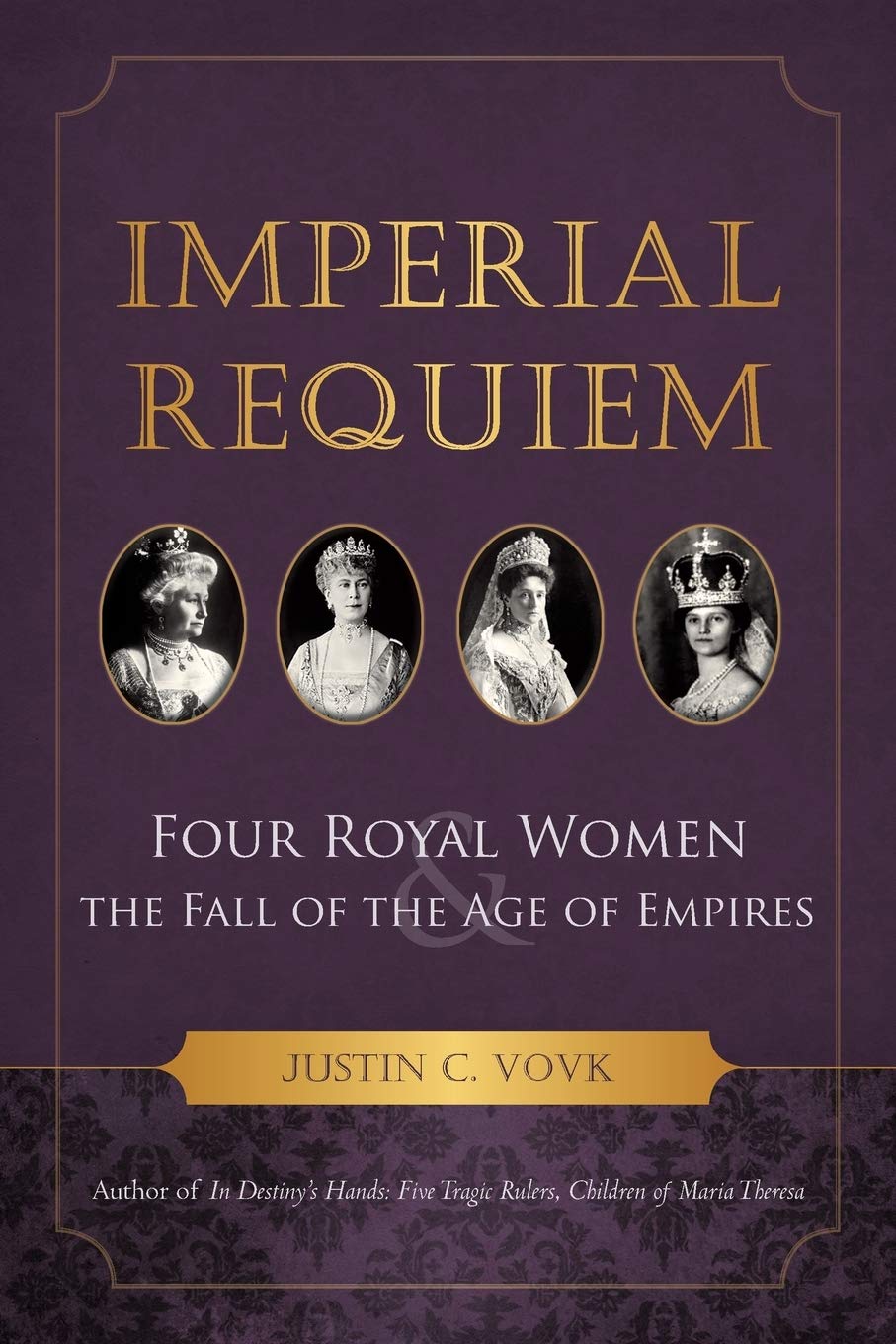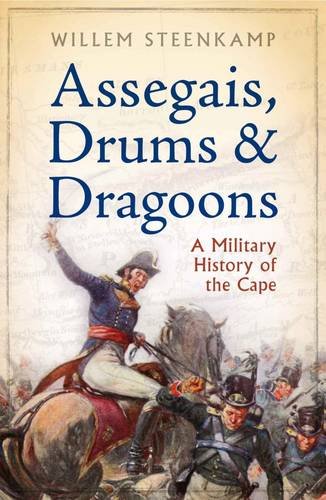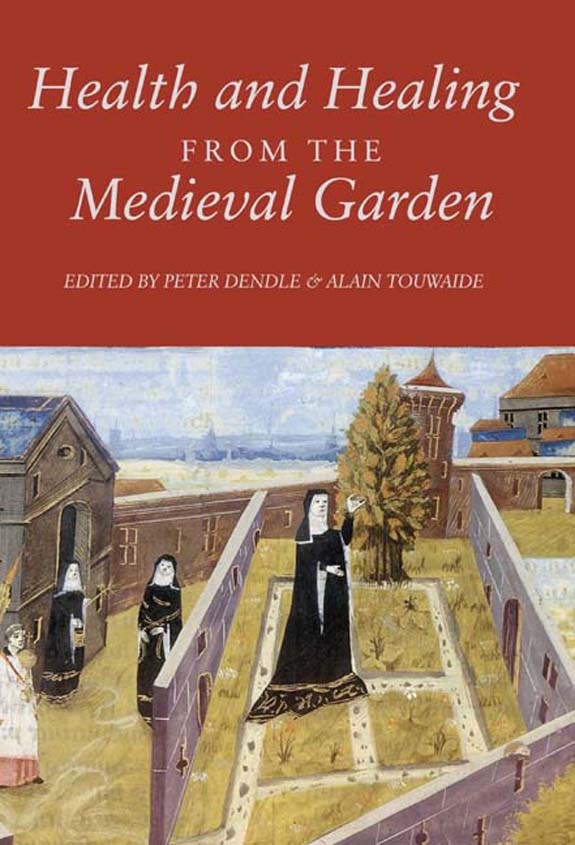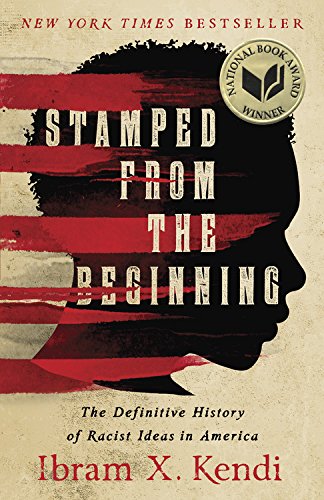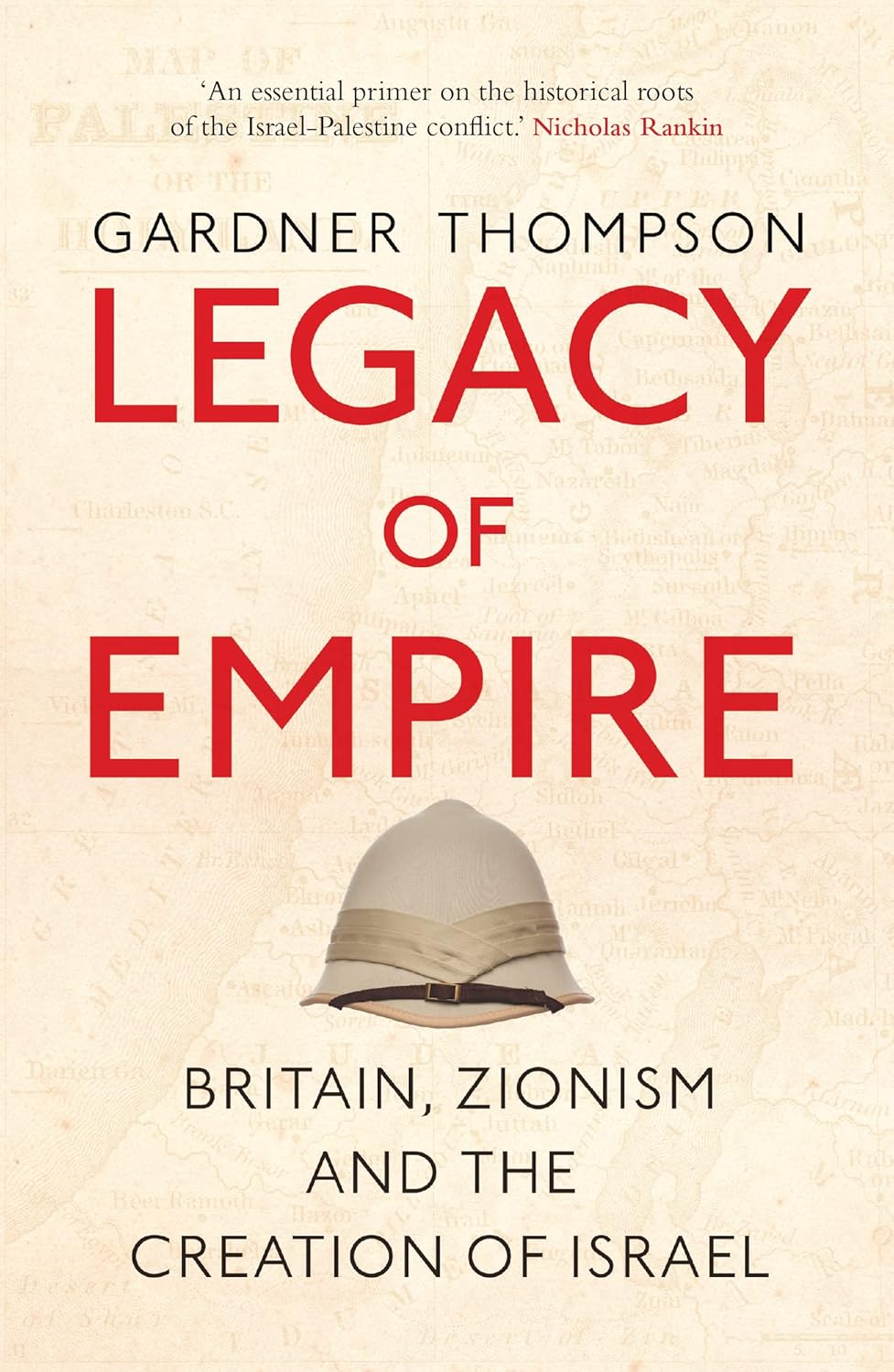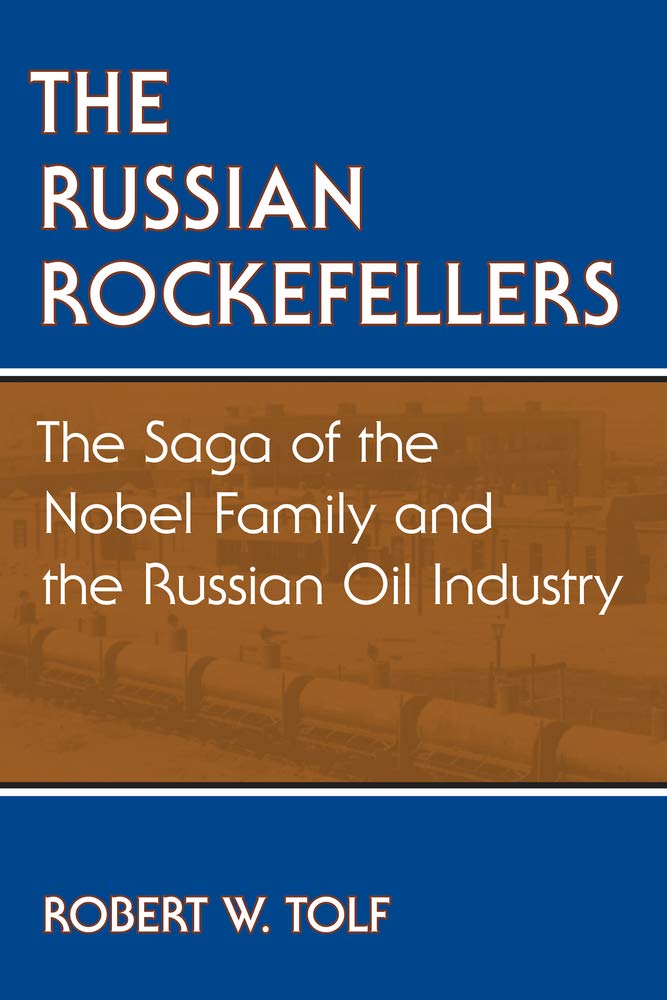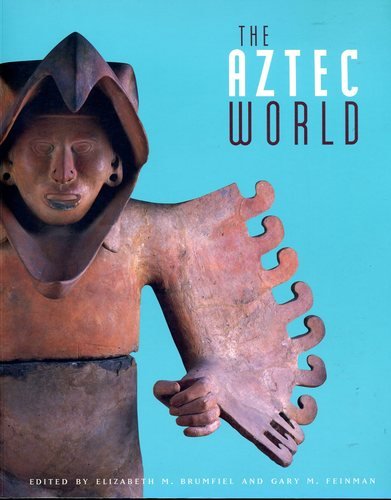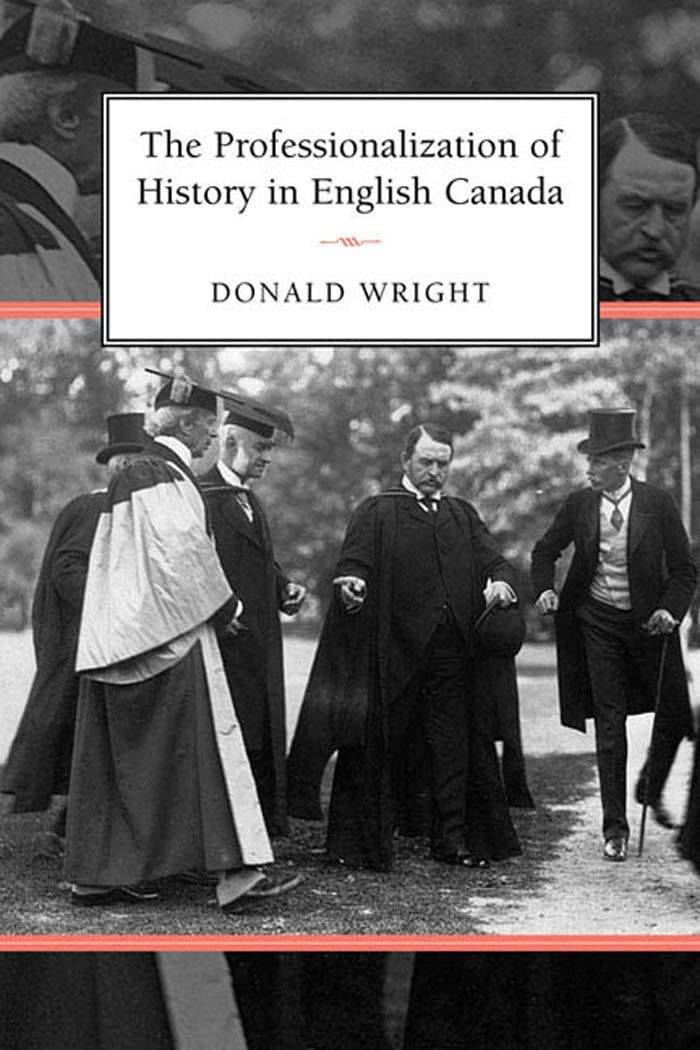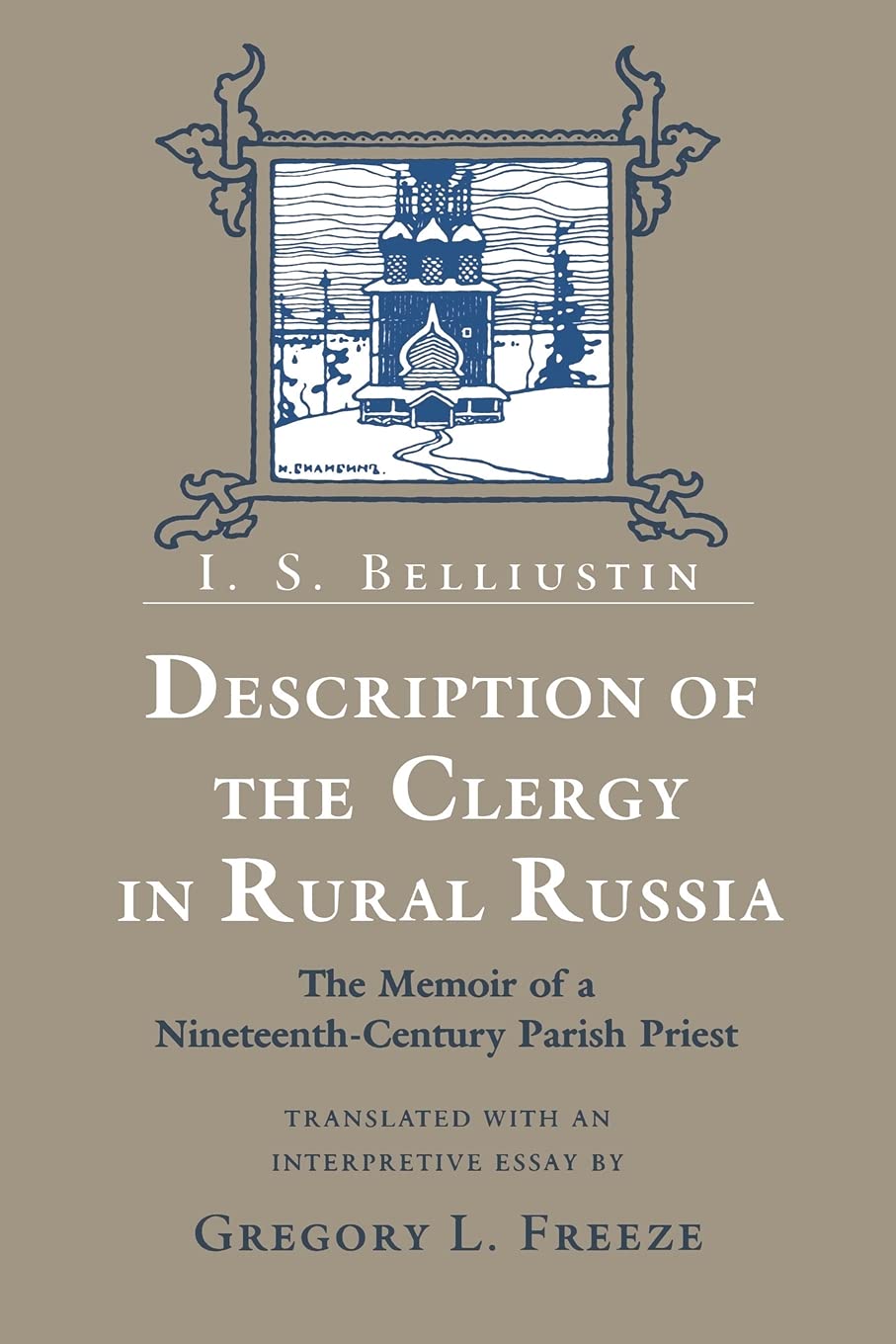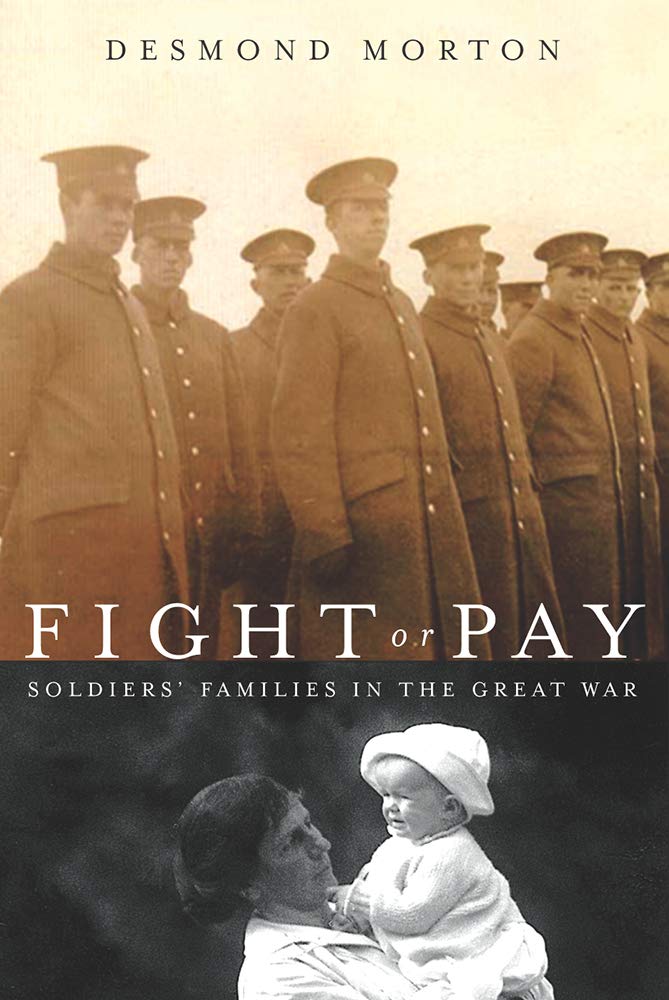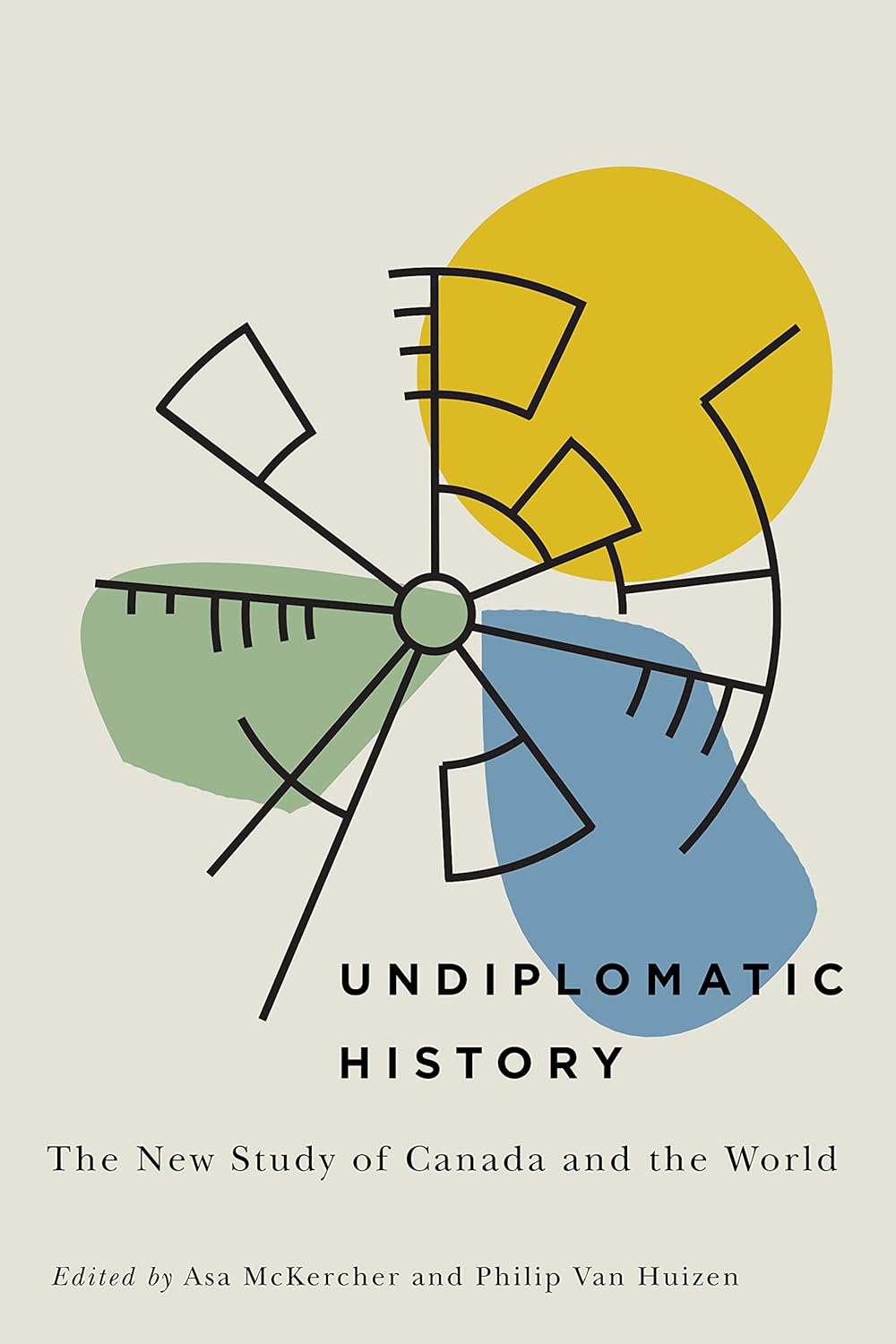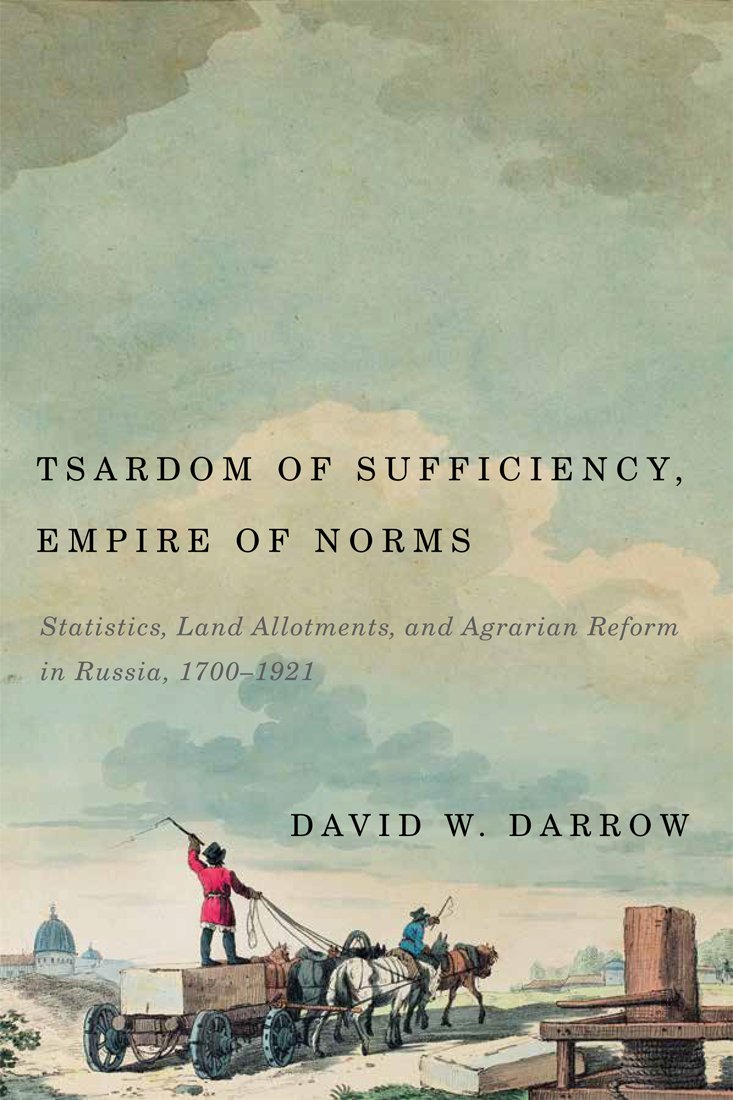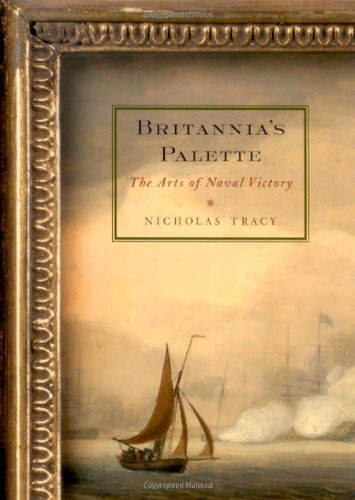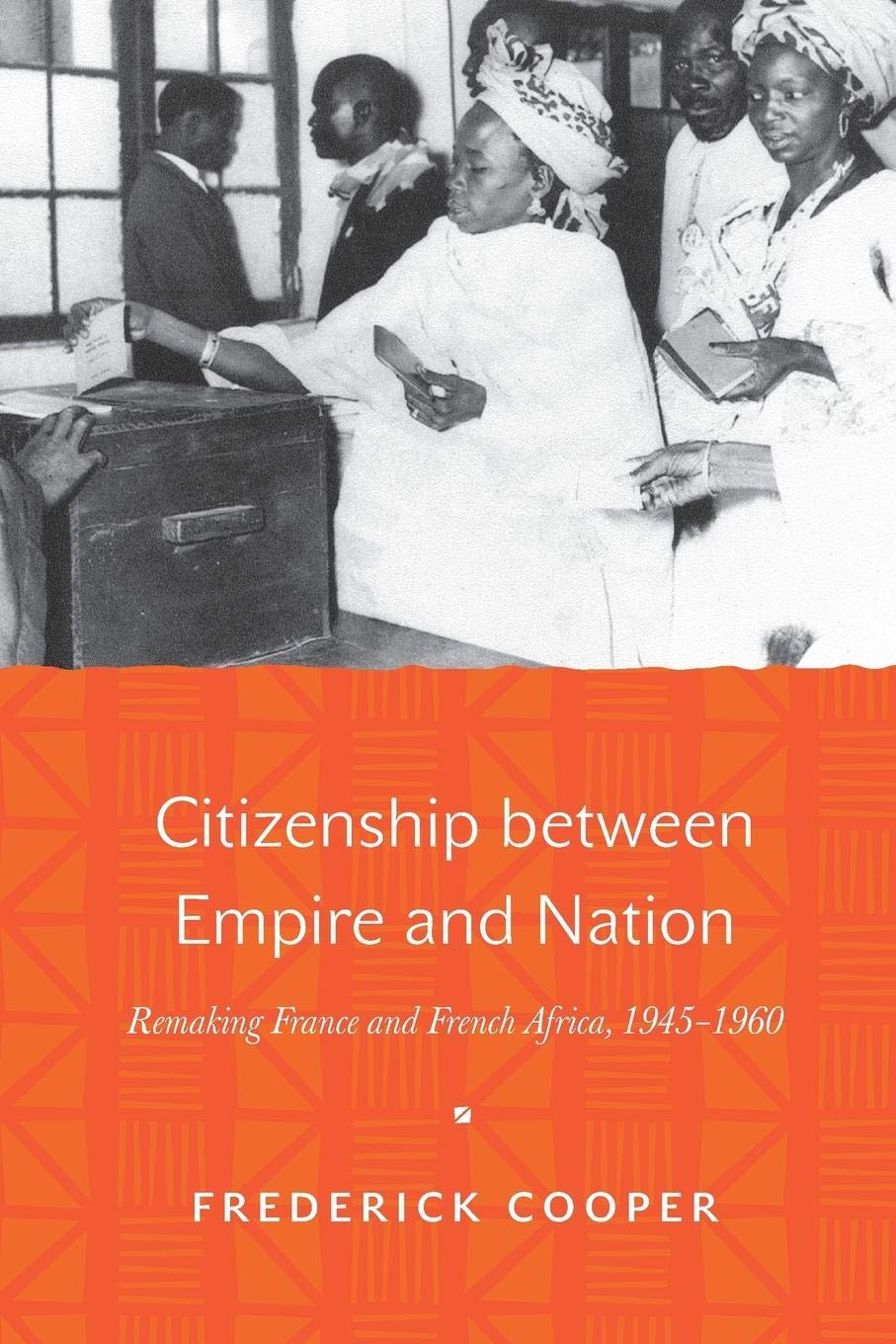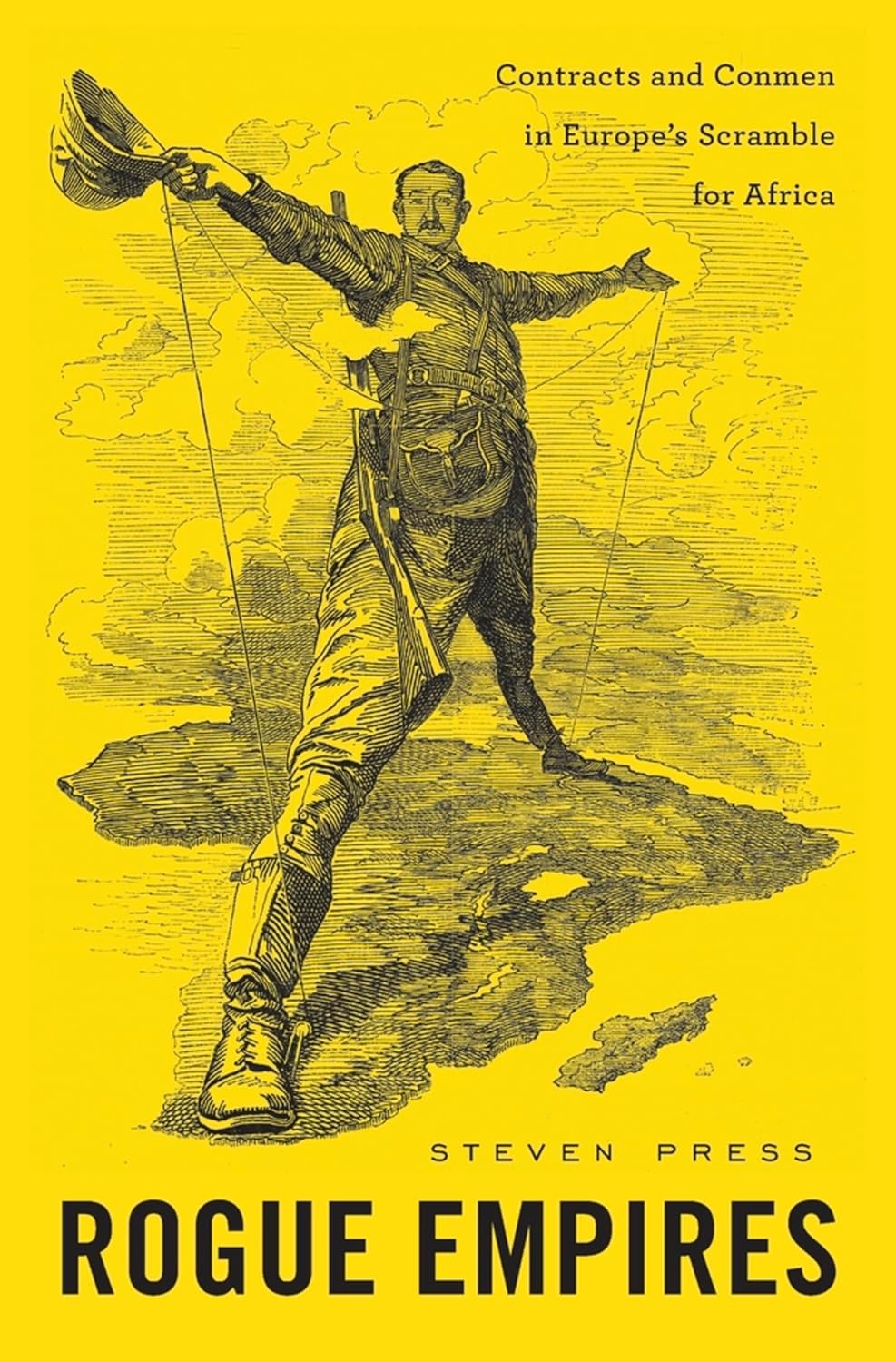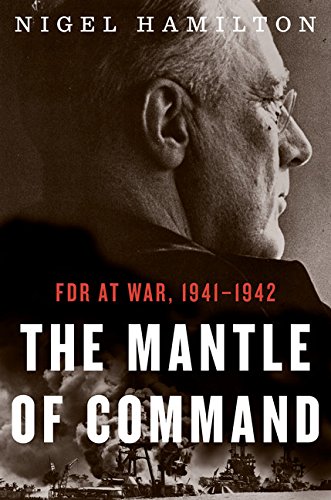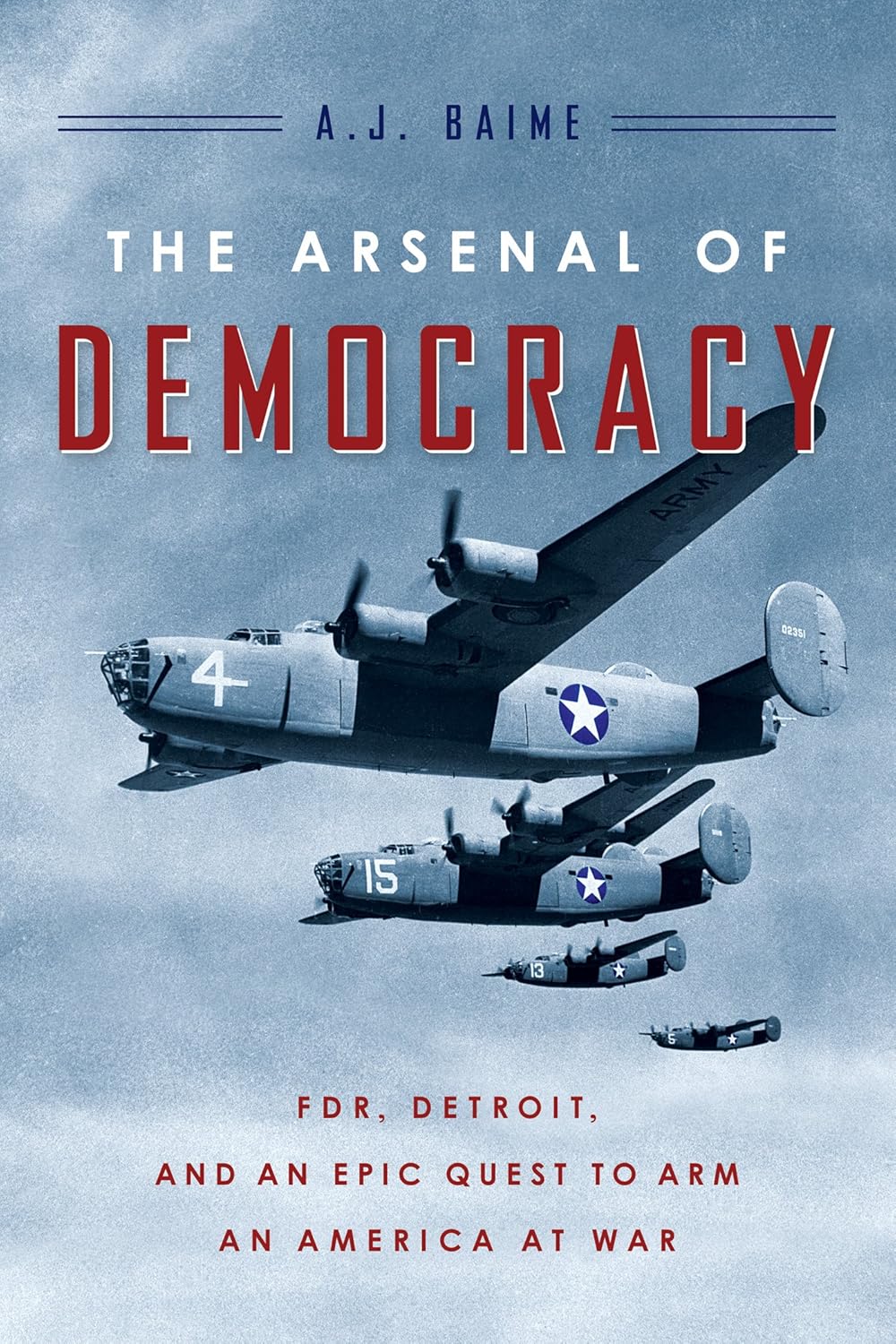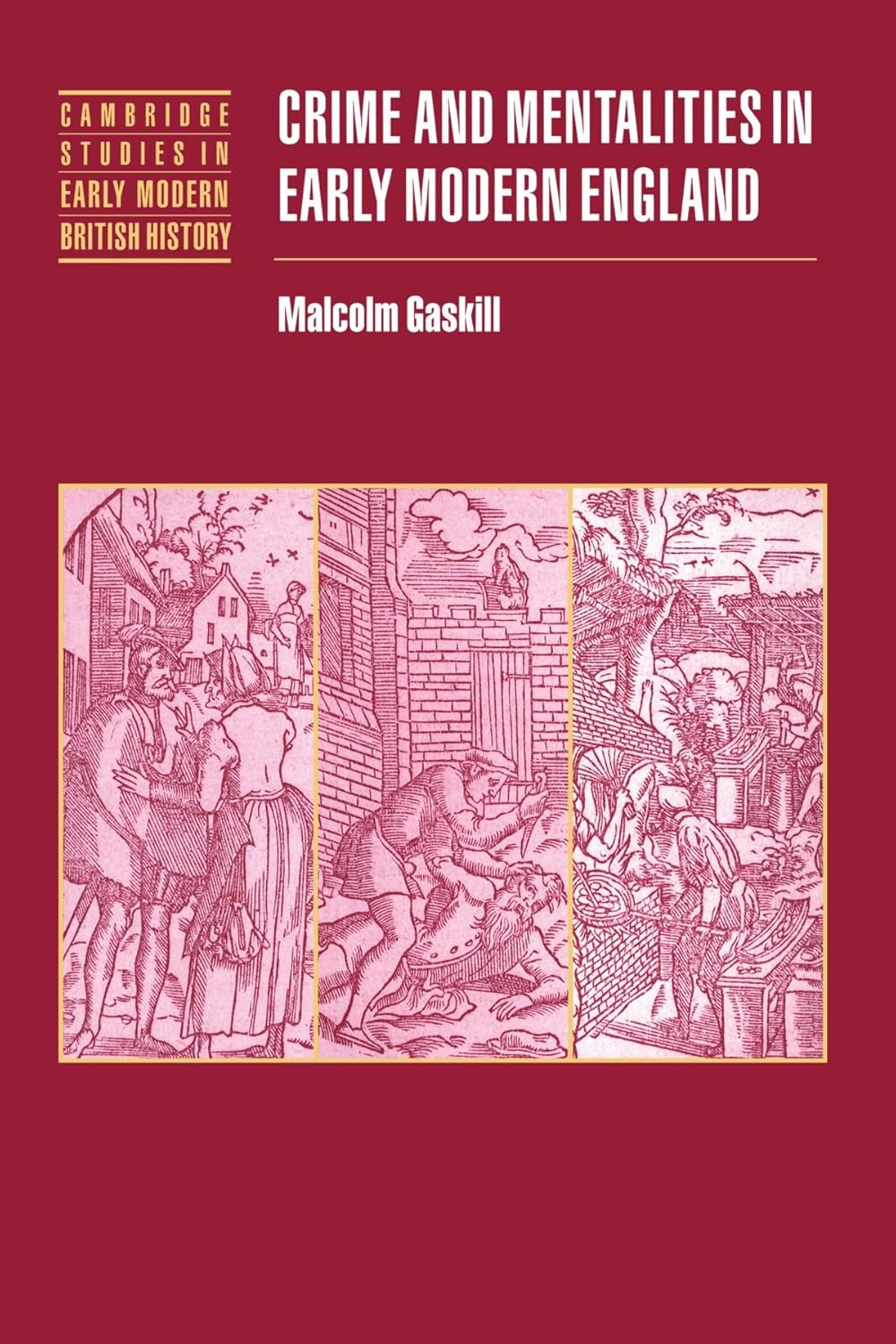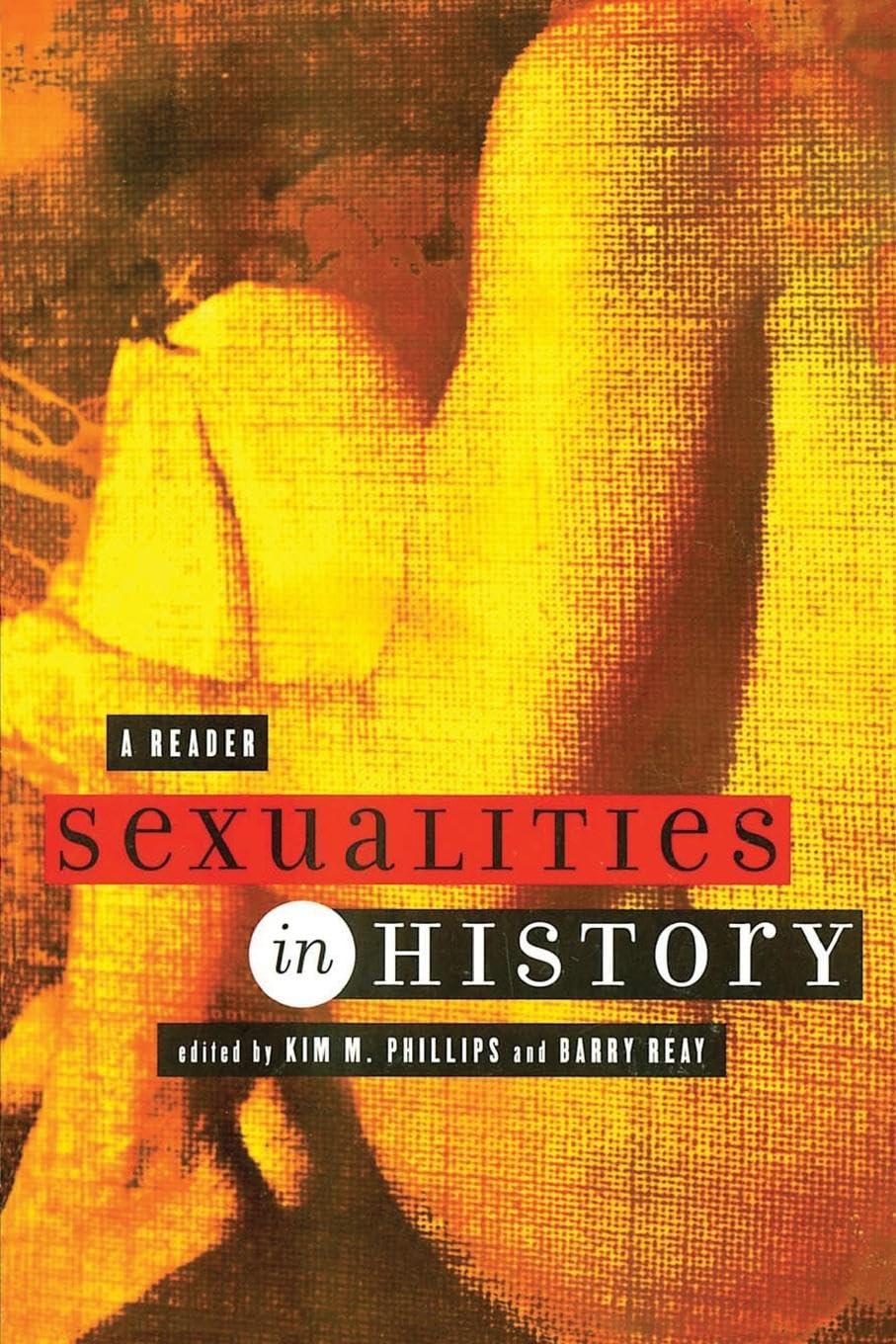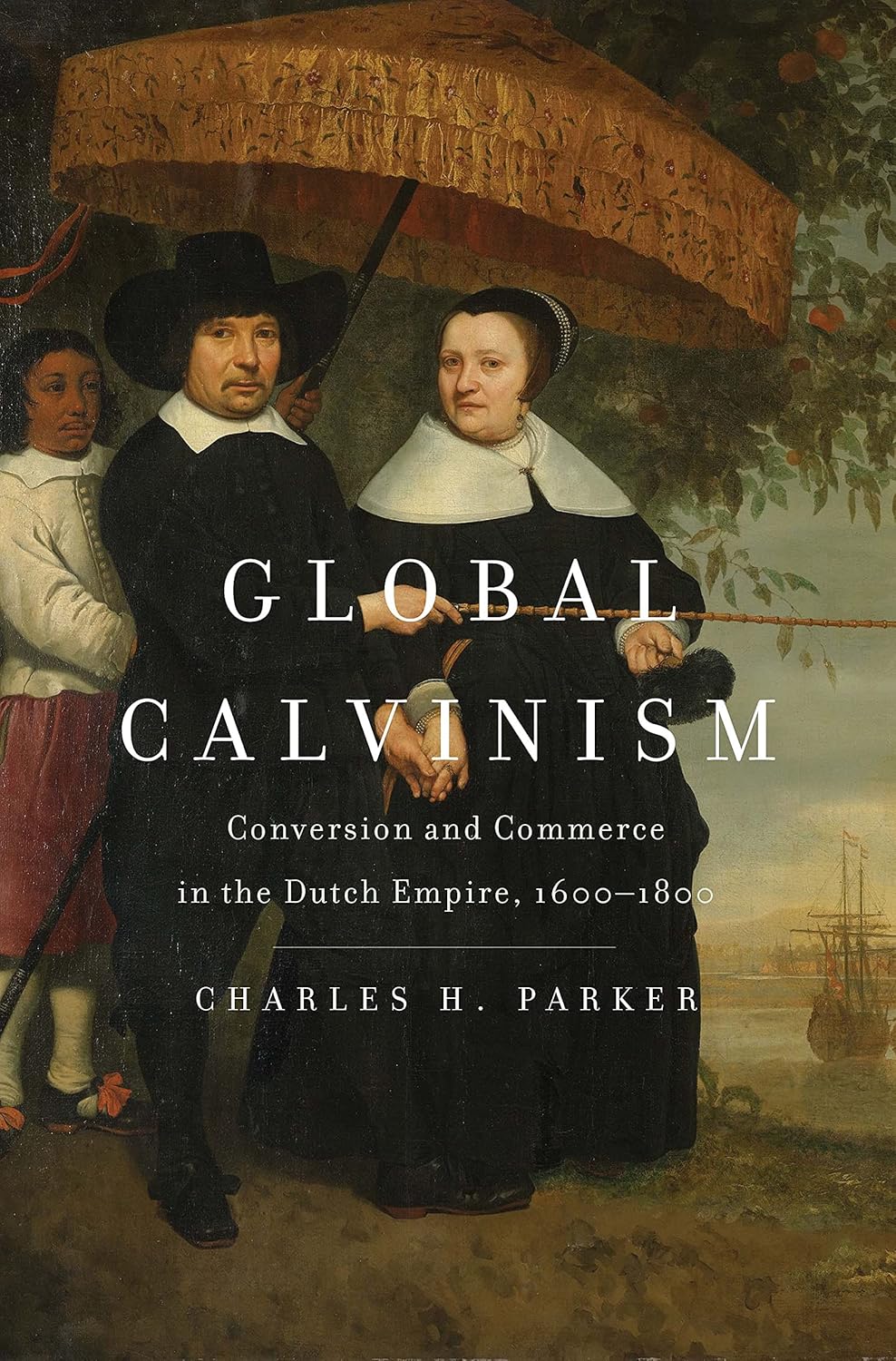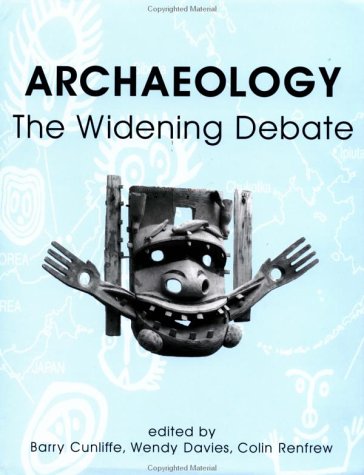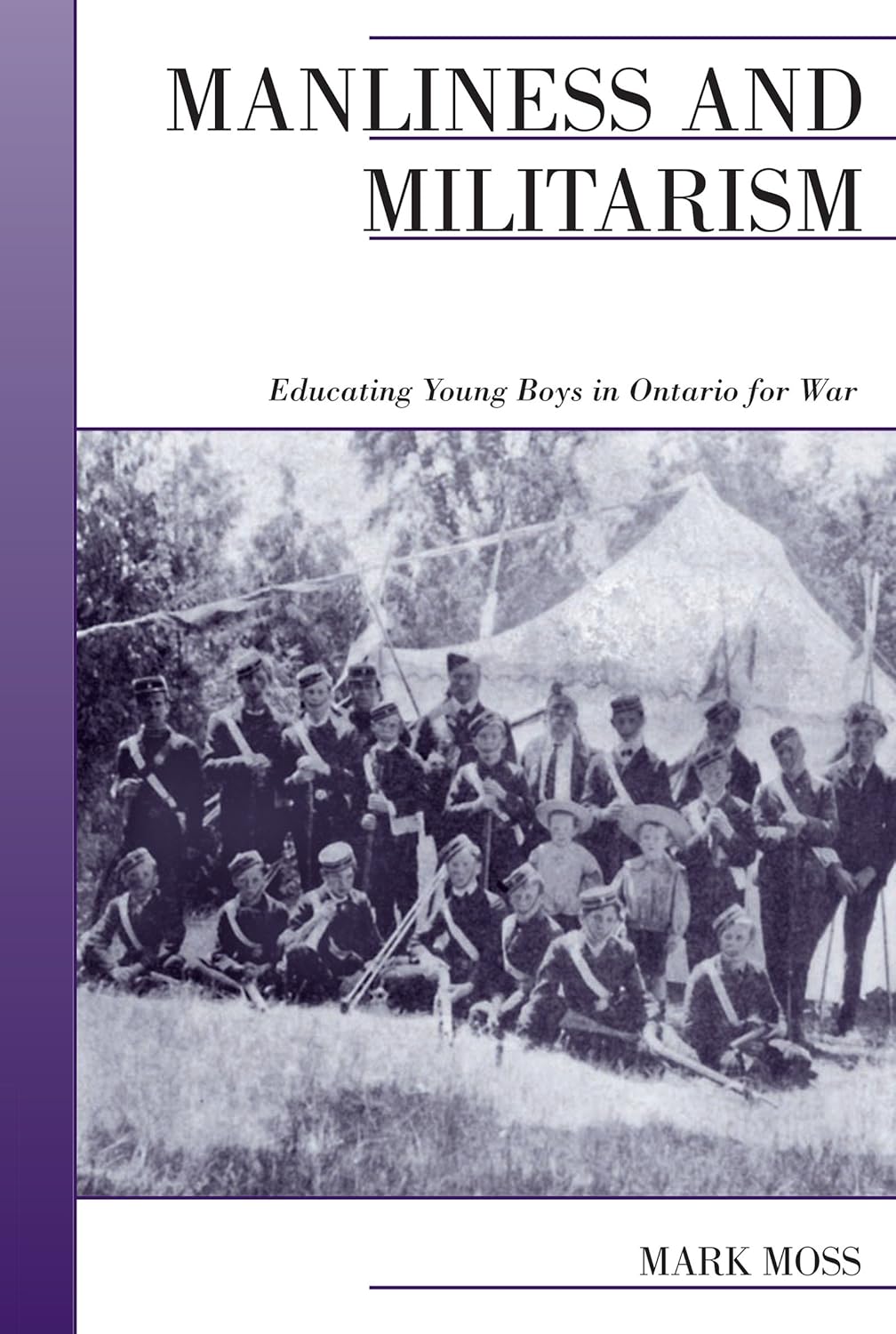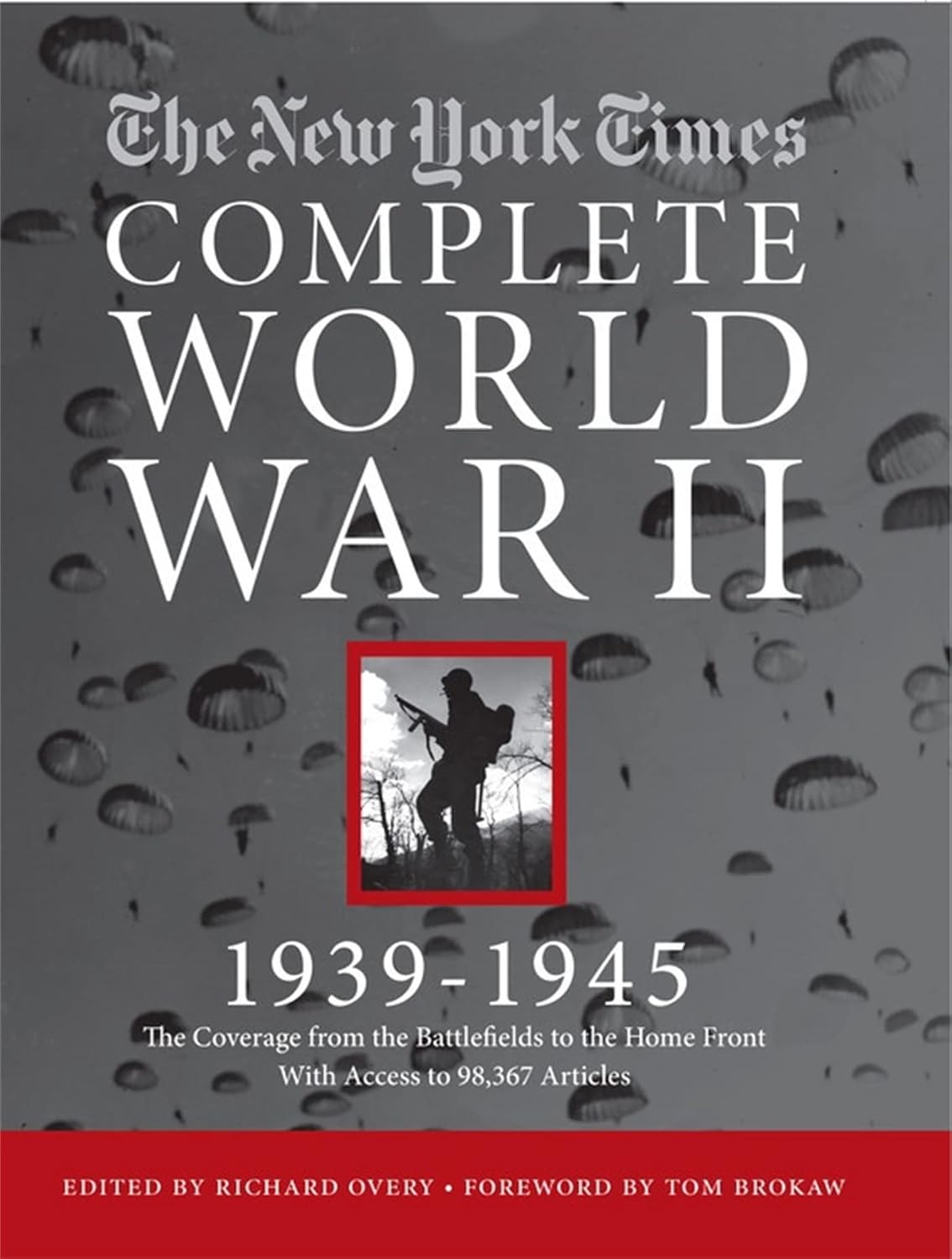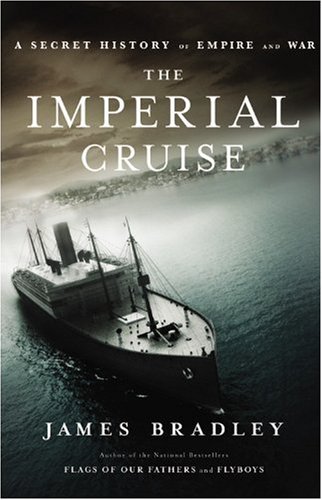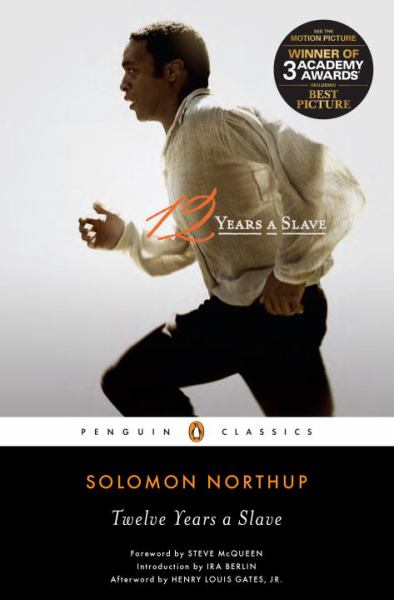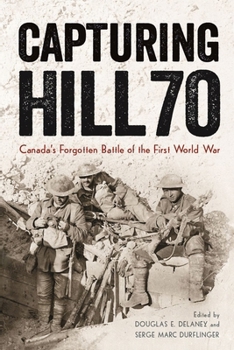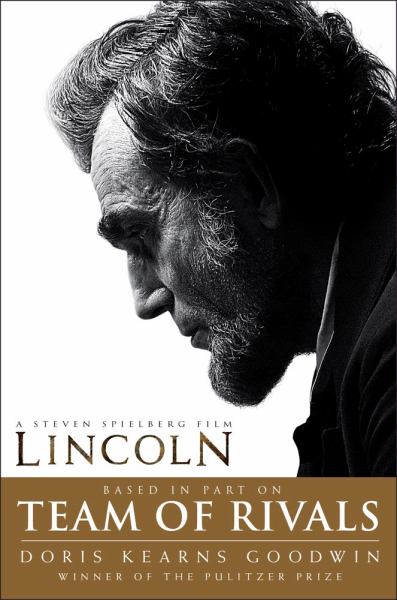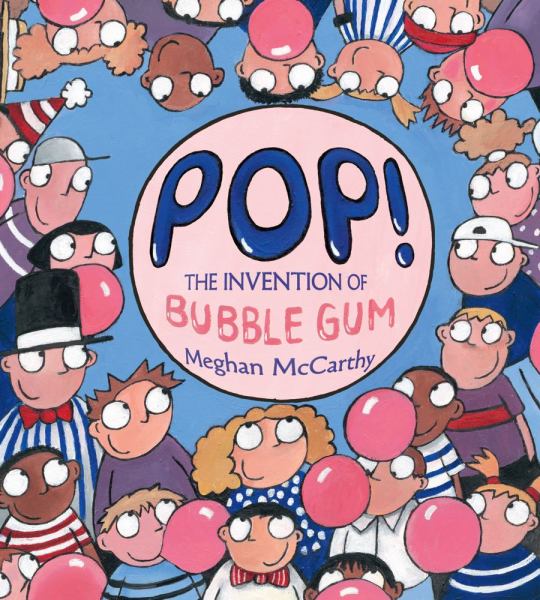History
Showing 1–30 of 38 resultsSorted by latest
-
-
-
-
-
-
-
-
-
-
-
-
-
Original price was: $68.75.$55.00Current price is: $55.00.Buy now
-
-
-
-
-
-
-
-
-
-
-
-
-
Original price was: $49.94.$39.95Current price is: $39.95.Buy now
-
-
History Books That Illuminate the Past
The History category offers an extensive selection of works that explore the events, cultures, and figures that have shaped civilizations. From ancient empires to modern political movements, each book provides a carefully researched narrative that connects historical milestones to the present. Readers can expect detailed accounts of pivotal wars, transformative social revolutions, and groundbreaking discoveries that altered the course of humanity. This collection values accuracy and depth, featuring respected historians alongside emerging voices who bring fresh interpretations. By examining these works, readers gain critical insight into the forces that have influenced societies, economies, and global relations across centuries.
Uncovering Ancient Civilizations
This section focuses on the origins of human civilization, covering Mesopotamia, Egypt, the Indus Valley, China, and the pre-Columbian Americas. Authors delve into archaeological findings, linguistic breakthroughs, and cultural achievements that defined these early societies. The narratives often highlight architectural wonders, political structures, and the evolution of trade networks. By analyzing artifacts, inscriptions, and oral traditions, these books offer a multidimensional perspective on the roots of organized life. They also examine the decline of once-powerful empires, providing lessons on resilience, governance, and cultural legacy. Such resources foster an appreciation for human innovation and the enduring influence of early institutions.
Medieval and Renaissance History
The medieval and Renaissance periods mark a transformative era in global development, characterized by feudal systems, religious reforms, and artistic flourishing. This part of the History collection covers the Crusades, the Hundred Years’ War, and the rise of powerful kingdoms, as well as the intellectual revival spurred by the Renaissance. Readers will find detailed studies on the interplay between political power and cultural production, exploring how art, literature, and science advanced alongside political change. The inclusion of primary source materials allows for a direct connection with the past, building analytical skills and a nuanced understanding of human progress.
Modern History and Global Transformations
From the Industrial Revolution to the digital age, modern history encapsulates sweeping changes in technology, politics, and society. This section examines the forces that fueled colonial expansion, the emergence of nation-states, and the global conflicts of the twentieth century. Topics include the World Wars, the Cold War, decolonization, and the shifting balance of economic power. The analysis extends to cultural movements, human rights campaigns, and globalized trade networks that define the present day. By linking these themes, the collection equips readers with a deeper comprehension of modern governance and the interconnected nature of contemporary issues.
Biographies That Shape Historical Understanding
History is often best understood through the lives of those who influenced it. This segment presents biographies of political leaders, innovators, philosophers, and activists whose decisions and visions altered the course of events. Each biography contextualizes personal experiences within larger historical trends, offering insight into leadership, moral choice, and societal change. Readers encounter both celebrated and controversial figures, encouraging balanced evaluation of their legacies. The focus on individual narratives deepens empathy and broadens the scope of historical interpretation, fostering a richer sense of identity and the complex tapestry of human experience.
Preserving and Interpreting History for the Future
The final part of the History category emphasizes the importance of preserving collective memory through archives, museums, and oral histories. These works discuss methods of historical preservation, the ethics of interpretation, and the evolving role of technology in documenting the past. Readers gain insight into how digitization, public history initiatives, and community-led projects ensure that valuable records endure for future generations. The section also addresses challenges such as historical revisionism and cultural heritage disputes. By engaging with these texts, readers are encouraged to uphold historical accuracy and promote informed discourse in public life.


